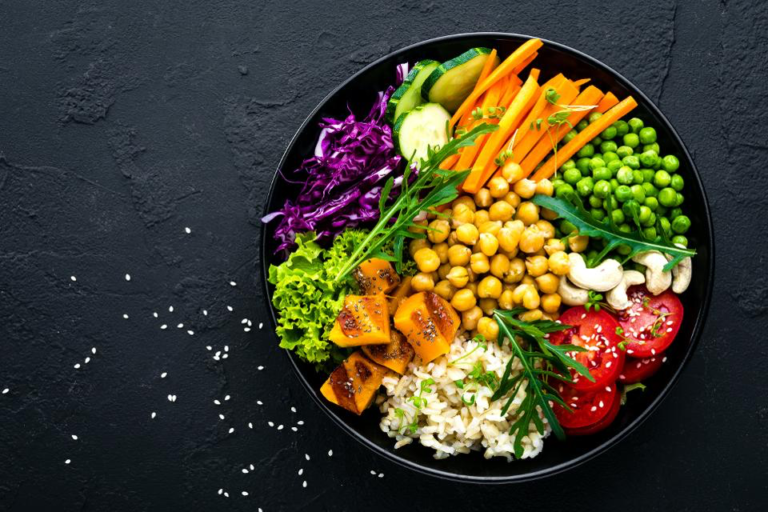Hailing from the West Coast, where hipster eateries, food trends, and health crazes run amok, it seems like every person is vegan or vegetarian.
There is a lot of confusion over the difference between vegans and vegetarians, so allow me to clarify: vegans consume absolutely no animal products—no meat, eggs, milk, or honey—while vegetarians consume no meat, but can consume eggs and dairy products.
When I traveled to China last summer, I noticed a stark difference in perspective from my own West Coast upbringing. There, the concepts of veganism and vegetarianism are remarkably uncommon.
Although there are plenty of dishes comprised mostly of vegetables, the main attraction of the meal is almost always a large plate of meat, whether it is roasted duck, red-braised pork, or another protein.
Even the vegetables are usually stewed in a meat-based broth or stir-fried with slivers of meat for flavor, so they cannot be classified as entirely vegan or vegetarian.
At the same time, my relatives constantly urged me to eat meat, saying it would nourish me and make me strong. Whenever my Yeye, my grandfather, thought that I wasn’t eating enough meat, he would quickly place some slices of beef or pork in my bowl himself.
Every meal seemed to contain abundant, almost excessive portions of meat.
Looking back on that trip, I have come to a few conclusions on why I believe vegans and vegetarians are so rare in China, and why the Chinese heavily value meat as a commodity. Many are cultural, but these reasons also have developed as reactions to China’s unique history.
[zombify_post]


is “Mao years” shorthand for communism?
Vegetarian does not include eggs
Don’t they know that eating to
much meat is dangerous to health?
Even the WHO recommend plant-
based food for everyone.
Looks like some very helpful information! I read the entire article and I love the writing style and passion in your posts. I also found some amazing information here https://conservationconstructionofdallas.com/reviews/ Again, I enjoyed this so much. Thanks for the excellent post. Keep it up!!!
Thank you for this great article! It actually helps me a lot in terms of feeling at peace with trying to be vegan as a Chinese